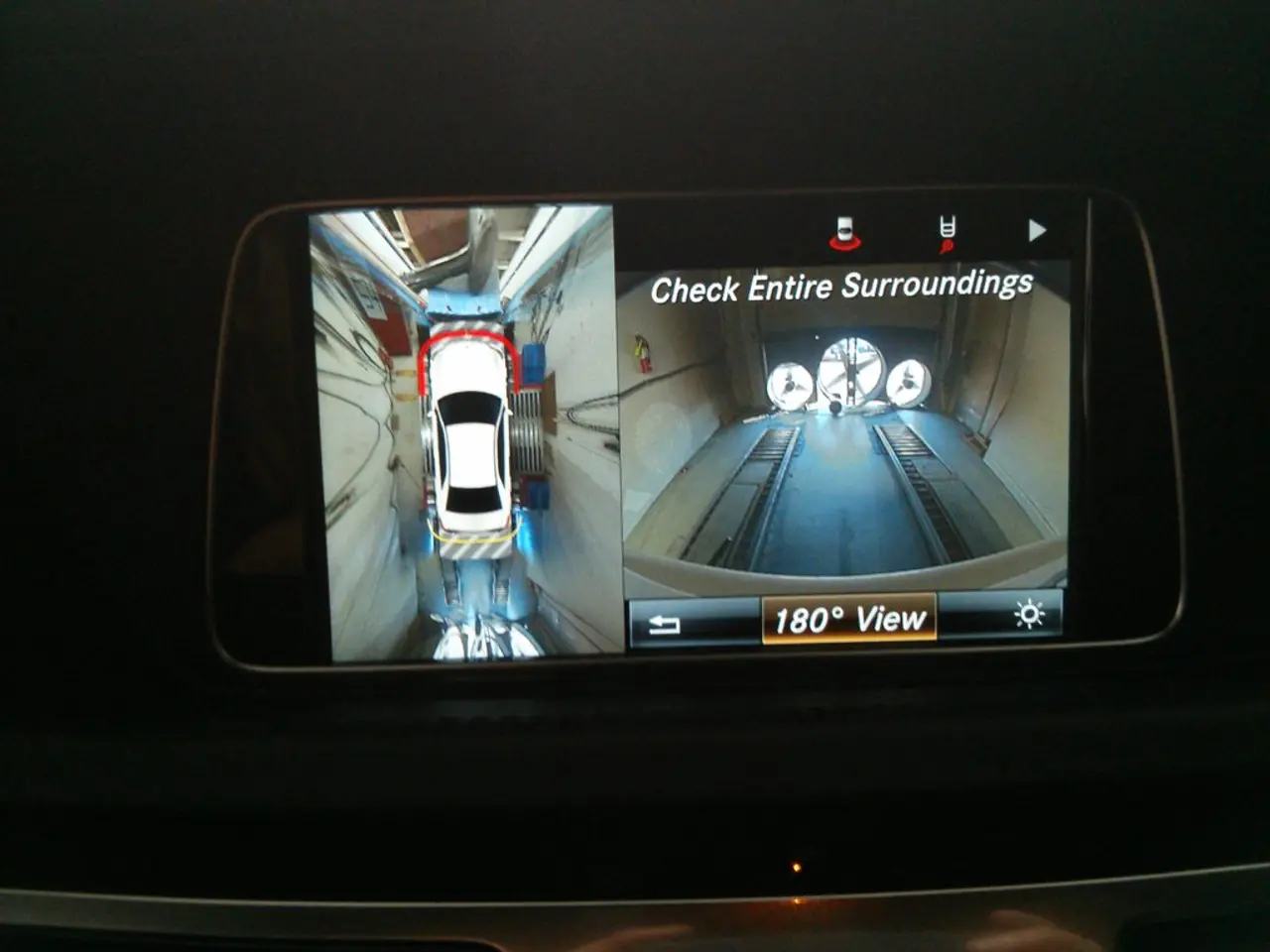"Evolving security technologies for safeguarding modern automobiles, spanning from car hotwiring to digital hacking"
Modern Cars Embrace Advanced Security Measures to Combat Car Theft
In today's digital age, cars have evolved significantly in terms of security features. Gone are the days of simple locks and keys, as modern vehicles boast sophisticated security systems designed to deter thieves.
One of the most notable advancements is the incorporation of immobilisers, facial-recognition, and external cameras. These features make it much harder for car thieves to gain unauthorised access and start a vehicle.
Modern keys in vehicles are also equipped with a high level of encryption and rolling codes, making it more difficult for cyber theft. This is particularly true for the Tesla smartphone-as-a-key technology, which requires the use of a Tesla card with near-field communication (NFC) for initial pairing.
The Tesla BLE key system is considered one of the most secure in the market by some experts, and the requirement of the NFC card to be placed in a specific position near the car minimises the chances of hackers copying the frequency emitted from a phone.
Other car manufacturers are also embracing facial recognition technology for vehicle access. For example, the Genesis GV60 electric SUV uses this technology, and its infrared system can recognise faces in the dark.
Car immobilisers use coded keys that exchange data with the car to prevent theft, even if someone has a key that opens the doors. This technology has been mandated in Australia since 2001, and it has been effective in reducing car theft.
However, digital innovations have also led to new methods of car theft, such as remote scanning of proximity keys from across the street to program a duplicate key. Data and reports from authorities suggest that this is not a widespread issue, but car manufacturers are still taking steps to address this concern.
For instance, Tesla, BMW, and Audi allow owners to monitor their cars remotely via smartphones, and some carmakers are planning to utilise fingerprint recognition to start future models. However, Hyundai has stated that fingerprint recognition will only be used for setting driver preferences, such as seating position, ventilation, and audio settings, and only when paired with facial recognition technology for vehicle access.
Despite these advancements, car owners should still take precautions to protect their vehicles. RACV Comprehensive Car Insurance covers loss or damage to a vehicle caused by an accident, flood, fire, malicious act, storm, theft, or attempted theft.
In conclusion, modern cars are becoming increasingly secure, but car theft has evolved to keep pace. Car manufacturers are continually developing new security features to stay ahead of the game, but it's important for car owners to remain vigilant and take necessary precautions to protect their vehicles.
Read also:
- Cybertruck's Disappointing Setback, Musk's New Policy, Mega-Pack Triumphs, Model Y's Anticipated Upgrade Prior to Refresh (Week of January 25 for Tesla)
- Haval H6 Hybrid Analysis: Delving into Engine Performance and Fuel Efficiency
- Tesla broadens its Indian footprint with a new showroom and Supercharger establishment
- Vans returning, allegedly?






